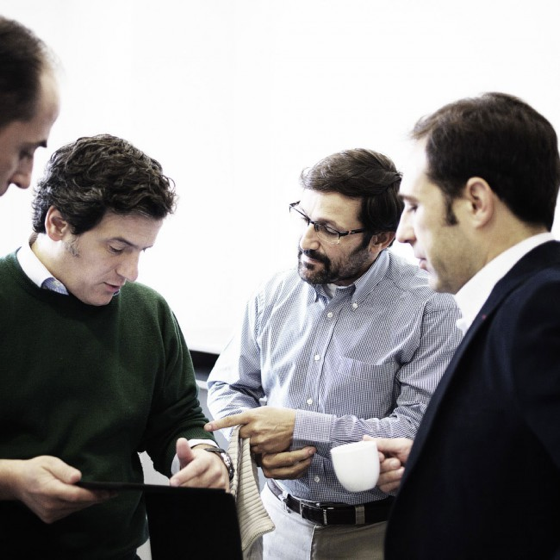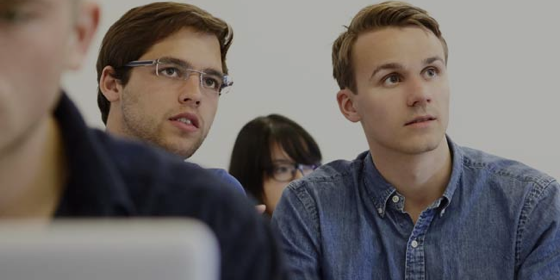Why Diverse Teams Are Smarter - New York
Striving to increase workplace diversity is a right business decision.
We invite you to join us to:
●Understand the origin of in-group and out-group phenomenon, and how it works in the brain
●Understand the dynamics of diversity in a team setting
●Learn practical strategies to create smarter teams
A study of 366 public companies found that those in the top quartile for ethnic and racial diversity in management were 35% more likely to have financial returns above their industry mean. In a global analysis of 2,400 companies conducted by Credit Suisse, organizations with at least one female board member yielded a higher return on equity and higher net income growth than those that did not have any women on the board. Further research has revealed another, more nuanced benefit of workplace diversity: non-homogenous teams are just smarter.
With our special guest, Patricio Ramal and Dr. Kamila E. Sip, we will dig into why diverse teams are smarter and explore effective strategies that can help organizations build more intelligent and more effective units. We will study the science behind team dynamics and unconscious bias.
We are excited to be hosting this event in collaboration with NeuroLeadership Institute.
Our speakers

Research and Solutions Consultant & Facilitator, NeuroLeadership Institute & IE Alumni
Patricio brings more than 20 years of combined experience in consulting, leadership and management in highly demanding organizations because of his corporate experience in Procter & Gamble, Coca-Cola and Saatchi & Saatchi. At the age of 24, he landed his first faculty position. Since then he has taught in top universities which includes Parson’s School of Design, Universidad Panamericana and IBERO.

Senior Researcher and a Lead Professor at the Neuroleadership Institute
As a neuroscientist with versatile expertise combining the fields of psychology, psychiatry, and behavioral economics, she has gained invaluable insight into the neural mechanisms that govern human behavior. In the course of her training, she developed a neurocognitive framework for investigating deception experimentally, bridging her training in human communication with psychology and neuroscience.
Share event





